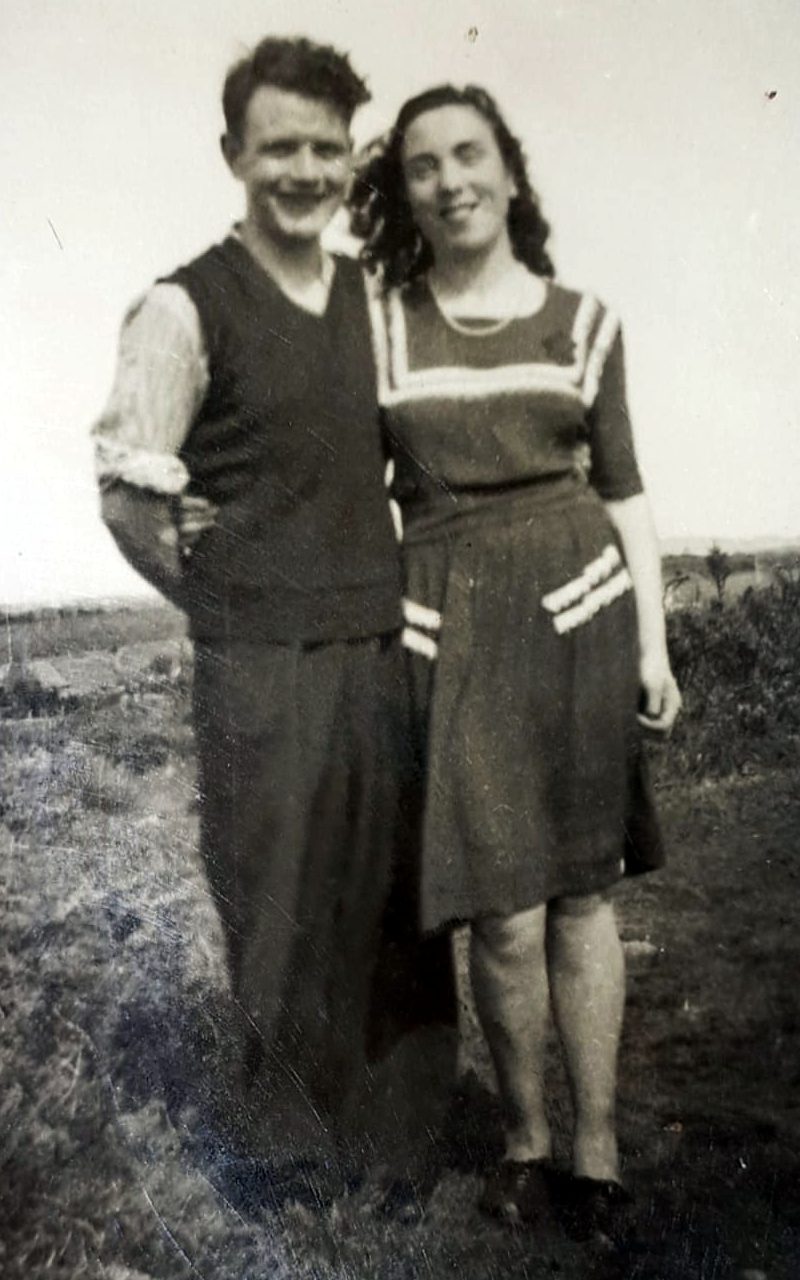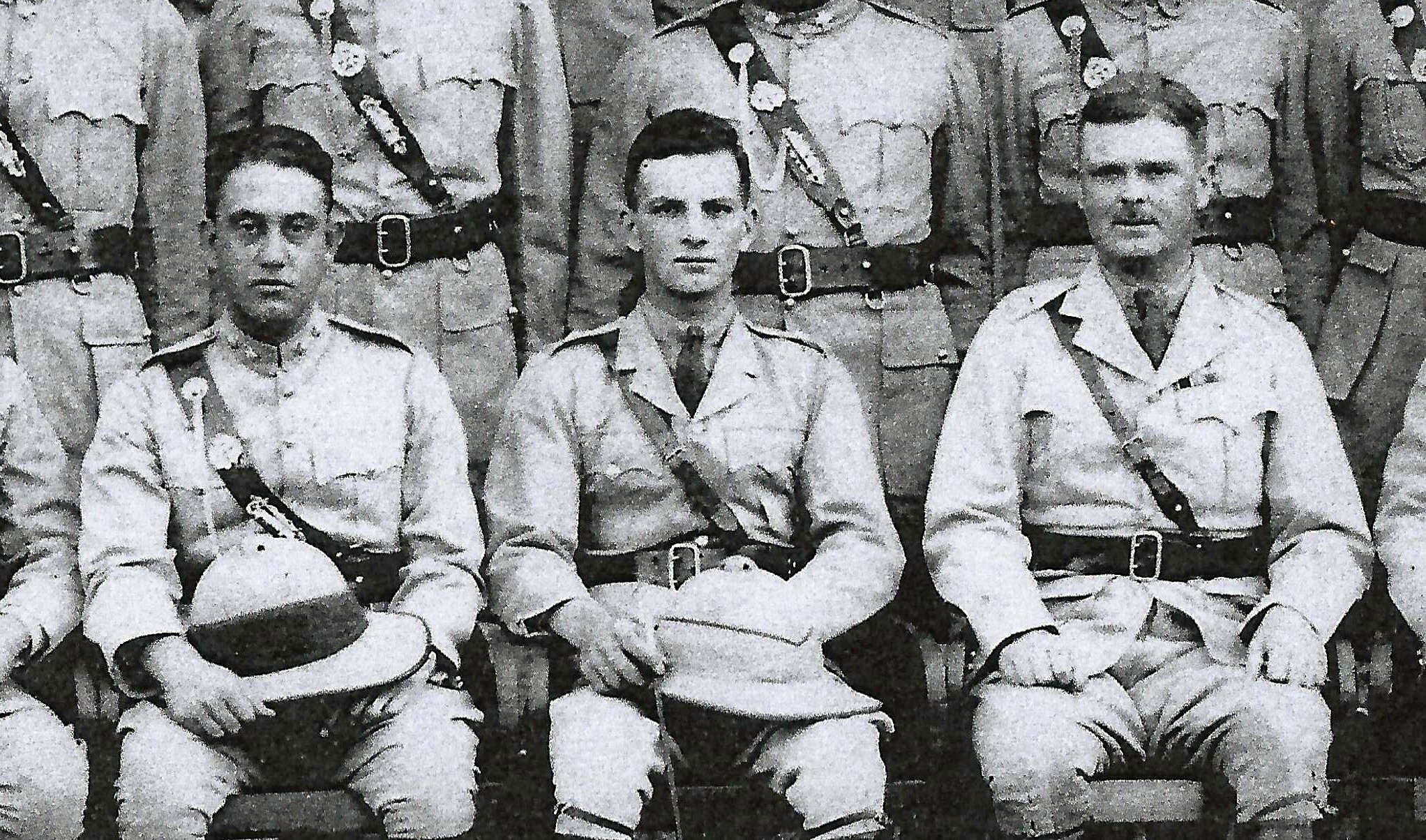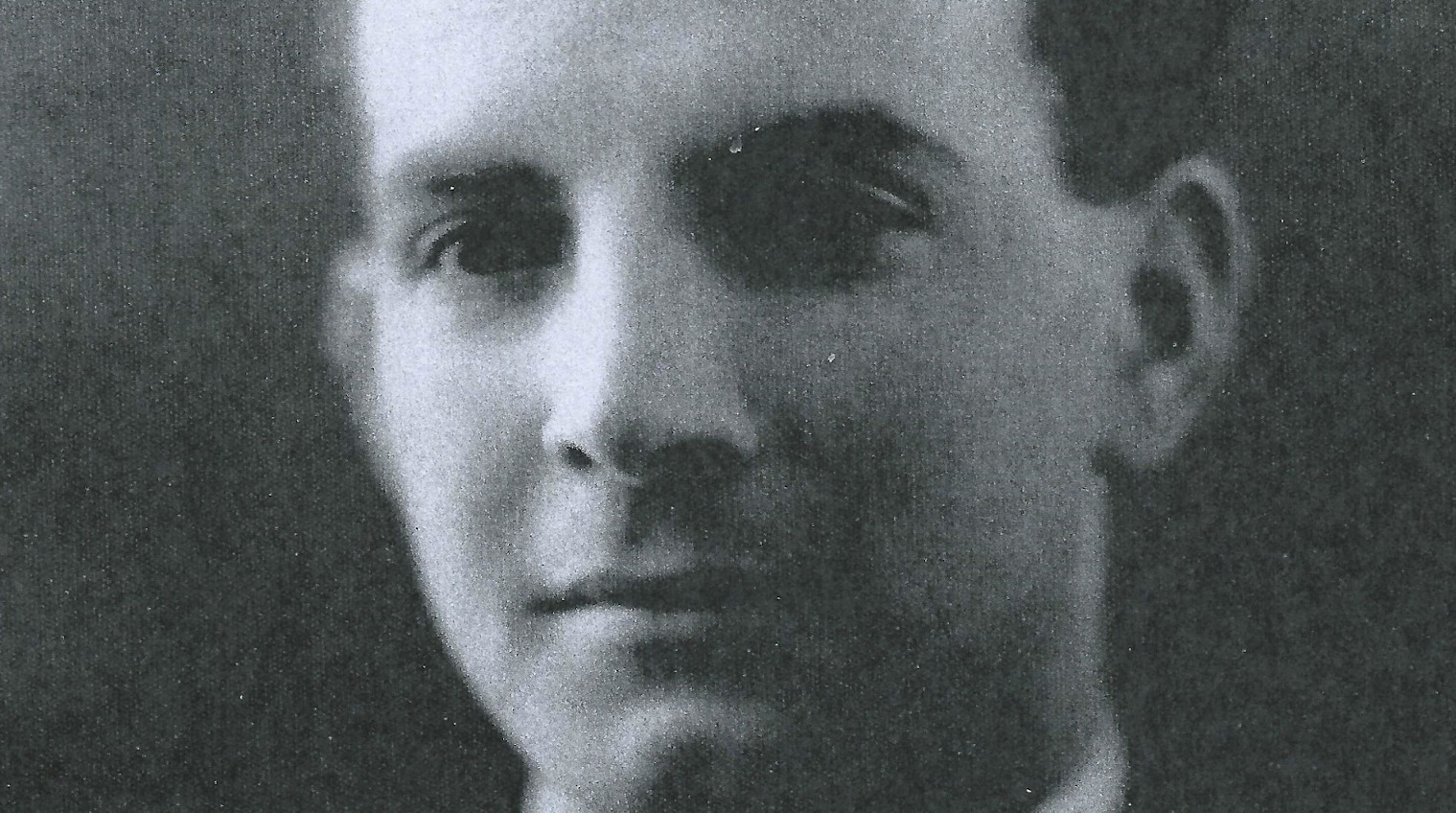A British court has ruled that a review of undercover policing compiled by MI5 at the height of the Troubles nearly 50 years ago will stay secret.
The verdict marks the end of a freedom of information battle between Northern Ireland’s police and Declassified UK.
It comes as a blow to legacy campaigners and bereaved families who hoped the report could shed light on alleged collusion between the Royal Ulster Constabulary’s (RUC) Special Branch and loyalist (pro-British) paramilitary gangs.
The dossier was drawn up by Jack Morton, a former MI5 director and colonial counter-insurgency veteran. He was called out of retirement by the head of MI5 who picked him for “special duties in Northern Ireland”.
Morton spent eight weeks in the summer of 1973 reviewing “the organisation, staffing and equipment” of RUC Special Branch in the fight against Irish republicans who wanted to end British rule over Northern Ireland.
Less than a year after Morton completed his report, a loyalist gang detonated car bombs in Dublin and Monaghan in the Republic of Ireland. No one has ever been charged with the atrocity.
It took place amid power sharing talks to give politicians in Dublin a say over Northern Ireland’s affairs. The proposals were bitterly opposed by loyalists and soon collapsed.
Barron inquiry
An inquiry into the bombings was held by one of Ireland’s top judges, Henry Barron. He found some of the suspected bombers “were reliably said to have had relationships with British Intelligence and/or Royal Ulster Constabulary special branch officers.”
The bombs are said to have been built at a farm in Glenanne, South Armagh. It was owned by an RUC reservist and used by a gang of loyalist paramilitaries, police and soldiers.
Campaigner Margaret Urwin from Justice for the Forgotten said: “It is of crucial importance for us to be able to access the Morton Report as we have long been aware of the close relationships between members of the ‘Glenanne Gang’ and RUC Special Branch.
“As they have done with so many hundreds of other files on Northern Ireland, which have been closed for 84 years or 100 years, the British authorities have applied the national security blanket possibly in order to cover up human rights violations.”
Victims want truth
Christina O’Loughlin was killed in Dublin on 17 May 1974 when one of the loyalist car bomb’s detonated outside Trinity College on South Leinster Street.
“She worked in the Shelbourne Hotel as a French polisher, looking after all the furniture,” her son Kevin said. “She was coming home from there that day and she was right beside the car. She was killed instantly.”
He said Morton’s report was “absolutely something we’d really like to know more about” and supported calls for it to be released. “I’ve gone past the stage of looking for prosecutions or anything like that. Truth recovery is where I’m at,” he commented.
But Morton’s report may never be published after an Information Tribunal ruled in August that it had been supplied by MI5.
Under UK transparency laws, MI5 documents can stay secret forever. This is the first time the ruling is being reported.
A spokesman for the RUC’s successor, the Police Service of Northern Ireland, said the force had “noted the decision of the Information Tribunal” and had “no further comment to make on this matter.”

‘A blueprint’
Raymond White, a former head of RUC Special Branch, was prepared to talk about Morton’s report when contacted last week.
“There’s nothing in terms of the Branch that we’re afraid to discuss,” the retired assistant chief constable said, expressing surprise that such an old report had not been shredded.
White rebutted claims of collusion, calling it a “toxic term” that “sticks like mud and people will interpret it in whatever way they want.” He believes Morton’s report advised that agents and informants should be handled “in a professional way” by Special Branch.
“I joined the department in 1974 so it was in the Morton era,” White commented. “Whilst I never read the report I certainly was in the company of many [who had] and I would regard myself as a Morton recruit.”
He said Morton provided a “blueprint” that recommended a “massive increase” in the number of Special Branch officers and their capacity to recruit and handle agents.
Morton “reset the clock in terms of how the Branch would structure itself for the future because he’d seen that we were in for a fairly long-term campaign,” White reflected.
“1970-79 was a complete learning curve for everybody and Jack Morton’s report sat in the middle of all that,” he added. “There was a long shopping list, I would say, that Morton left us with – things to consider.”
“Morton’s report sat in the middle of all that.”
‘Needy people’
In 1980, another senior MI5 officer Sir Patrick Walker compiled a second report on Special Branch.
Walker’s report, which was eventually published, advised police that suspects who admitted to crimes during interviews could still be recruited as Special Branch agents.
White believes Walker built on the work of Morton’s report, which was less prescriptive. “It was a document that I think said ‘I found this to be an effective way of doing business whilst in Malaya and India,’ where he [Morton] had been.”
Morton served as a colonial police chief in India and was director of intelligence in Malaya (now Malaysia) during a communist insurgency against British rule in the 1950s.
He strongly supported the British empire and once described Indians as “a sort of immature, backward and needy people whom it was the natural British function to govern and administer.”
His colonial background gave him extensive experience of undercover operations and armed policing.
White believes Morton “kick started” a thinking process within the RUC that led to “the birth of the armed uniformed units that were needed for quick reactions in terms of stopping vehicles that were bearing armed paramilitaries.”
These squads would be guided to their targets by a surveillance unit within Special Branch known as E4A.
The elite units became controversial in the 1980s during the so-called Stalker Affair when they shot dead six Catholics – allegedly in retaliation for a roadside bomb that killed three policemen.
Fresh inquests into their deaths are not expected to be heard until 2023.
MI5 did not respond to a request for comment.
A version of this article was published in the Sunday World newspaper.



